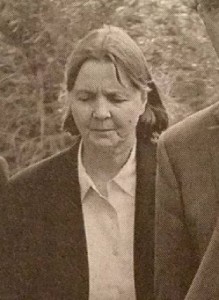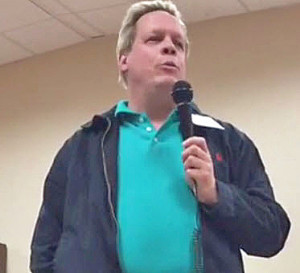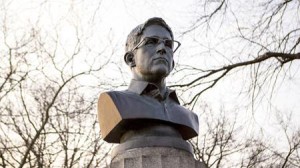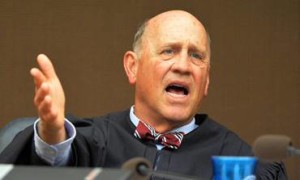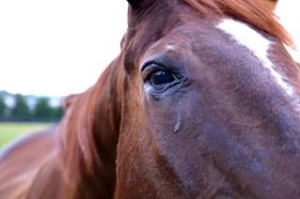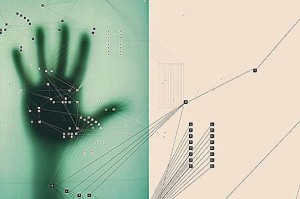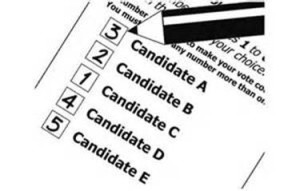 The candidates seeking countywide offices in Loudoun have been elbowing for political advantage for weeks and months.
The candidates seeking countywide offices in Loudoun have been elbowing for political advantage for weeks and months.
The field is not yet set but, it appears, we’re going to have more than two candidates for several county wide offices and this favors split voting and an uncertain outcome that may not represent what most voters really want.
In some elections, split voting occurs by Machiavellian design, introducing a bogus candidate (or candidates), as a misdirection, to split the opposition in favor of a candidate who can’t win otherwise.
In Loudoun, this election cycle, we have more than two candidates, it appears by chance, in two countywide races – (1) to become Chair of the Board of Supervisors, and (2) to become our next Sheriff.
The Republicans chose lawyer and party activist, Charlie King, as their Republican nominee for Chair, and the Democrats chose a professional and community leader, Phyllis Randall, as their nominee. This is where the process, however, gets complicated. Republican Supervisor Shawn Williams challenged Mr. King for the Republican nomination for Chair, then Shawn withdrew because of embarrassing personal and seemingly disqualifying disclosures. That said and done, Shawn has now taken a U-turn, and decided to make a run as an Independent. Among the Dems, a former Democratic nominee, who lost in the election four years ago, Tom Bellanca, has decided he wants to run again, and, having sat out the Democratic nominating process, he’s running as an Independent.
In the Sheriff’s race, the Republicans chose the incumbent Sheriff, Mike Chapman, over a vigorous Republican Challenger, Mr. Eric Noble. Brian Allman, a law enforcement officer, filed to become the Democrats’ nominee. But there’s more. When Mr. Noble lost his party’s nomination, former Sheriff Steve Simpson, who was a Noble supporter, announced he’d run himself as an independent.
How does a voter game the choices, four seeking the Chair, three wanting to be Sheriff, and select the persons in the races most representative of what Loudoun needs? Continue reading


